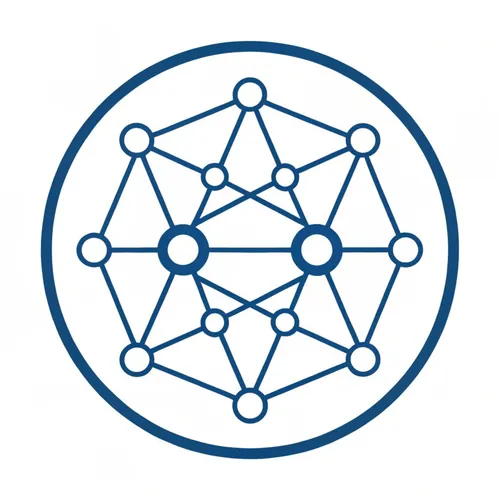Language Models for Automated Patient Record Linkage
- Author
- Neural Intelligence Network
- Published
- Wed 30 Apr 2025
- Episode Link
- https://podcasters.spotify.com/pod/show/neuralintelpod/episodes/Language-Models-for-Automated-Patient-Record-Linkage-e31r473
This research explores the use of language models to automate patient record linkage, a crucial process for integrating fragmented healthcare data. The study investigates the effectiveness of these models for two key tasks: blocking, which reduces the number of record pairs to compare, and matching, which determines if two records belong to the same patient. Using real-world cancer registry data, the authors fine-tuned and evaluated various language models, comparing their performance against traditional methods. The findings indicate that fine-tuned large language models excel at matching, achieving high accuracy with minimal errors, although a hybrid approach might be more effective for blocking. The study highlights the potential of these advancements to improve efficiency and data integration in healthcare.
